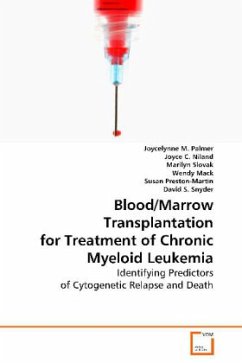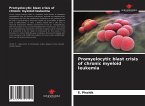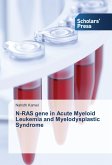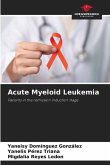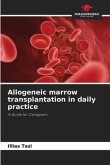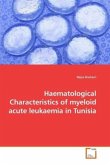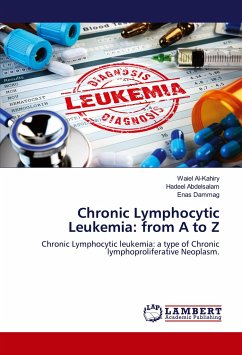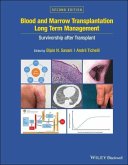While treatment is believed to influence disease
outcome, the wide variation in published survival and
remission rates among chronic myeloid leukemia (CML)
patients demonstrates that the effectiveness of
treatment appears to be modified by patient
characteristics, disease features, and disease
management approaches. Future improvements in the
treatment of CML are dependent on our ability to
distinguish between patients who are likely to have
long-term disease free survival and those who are
not.
Between June 1982 and December 2002, 234 patients
with CML in first chronic phase (CP) were treated at
the City of Hope National Medical Center with an
allogeneic blood or marrow transplant (Allo-BMT)
using histocompatible sibling donors. This
retrospective case-series study examined the role of
patient, disease, and treatment factors collected
both at the time of diagnosis and Allo-BMT to assess
the predictive value of these factors on a patient?s
risk for cytogenetic relapse (CR) and/or death
following Allo-BMT. This study also explored the
predictive value of three generally accepted
prognostic scoring systems (Sokal, Hasford, Gratwohl)
in this large single center Allo-BMT population.
outcome, the wide variation in published survival and
remission rates among chronic myeloid leukemia (CML)
patients demonstrates that the effectiveness of
treatment appears to be modified by patient
characteristics, disease features, and disease
management approaches. Future improvements in the
treatment of CML are dependent on our ability to
distinguish between patients who are likely to have
long-term disease free survival and those who are
not.
Between June 1982 and December 2002, 234 patients
with CML in first chronic phase (CP) were treated at
the City of Hope National Medical Center with an
allogeneic blood or marrow transplant (Allo-BMT)
using histocompatible sibling donors. This
retrospective case-series study examined the role of
patient, disease, and treatment factors collected
both at the time of diagnosis and Allo-BMT to assess
the predictive value of these factors on a patient?s
risk for cytogenetic relapse (CR) and/or death
following Allo-BMT. This study also explored the
predictive value of three generally accepted
prognostic scoring systems (Sokal, Hasford, Gratwohl)
in this large single center Allo-BMT population.

